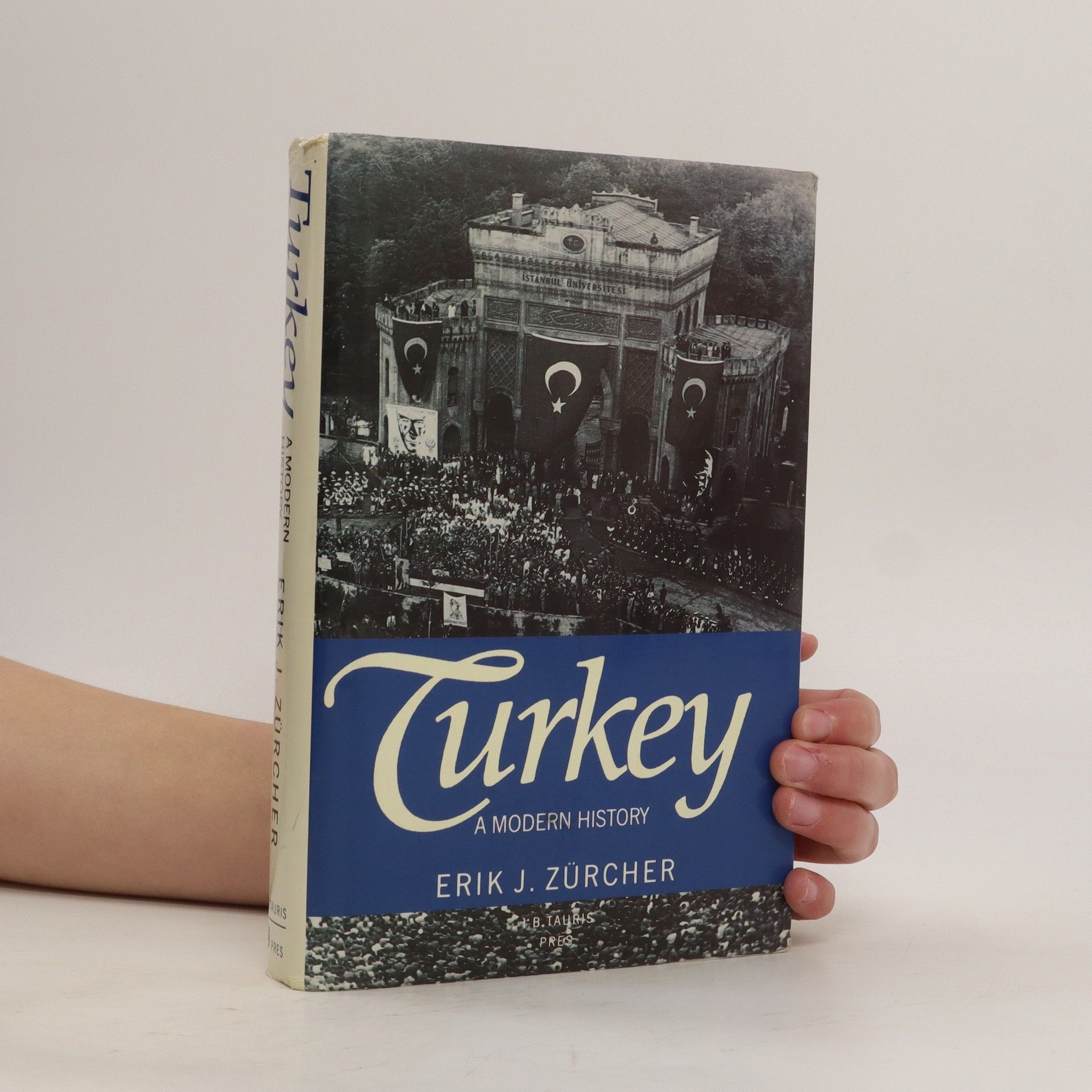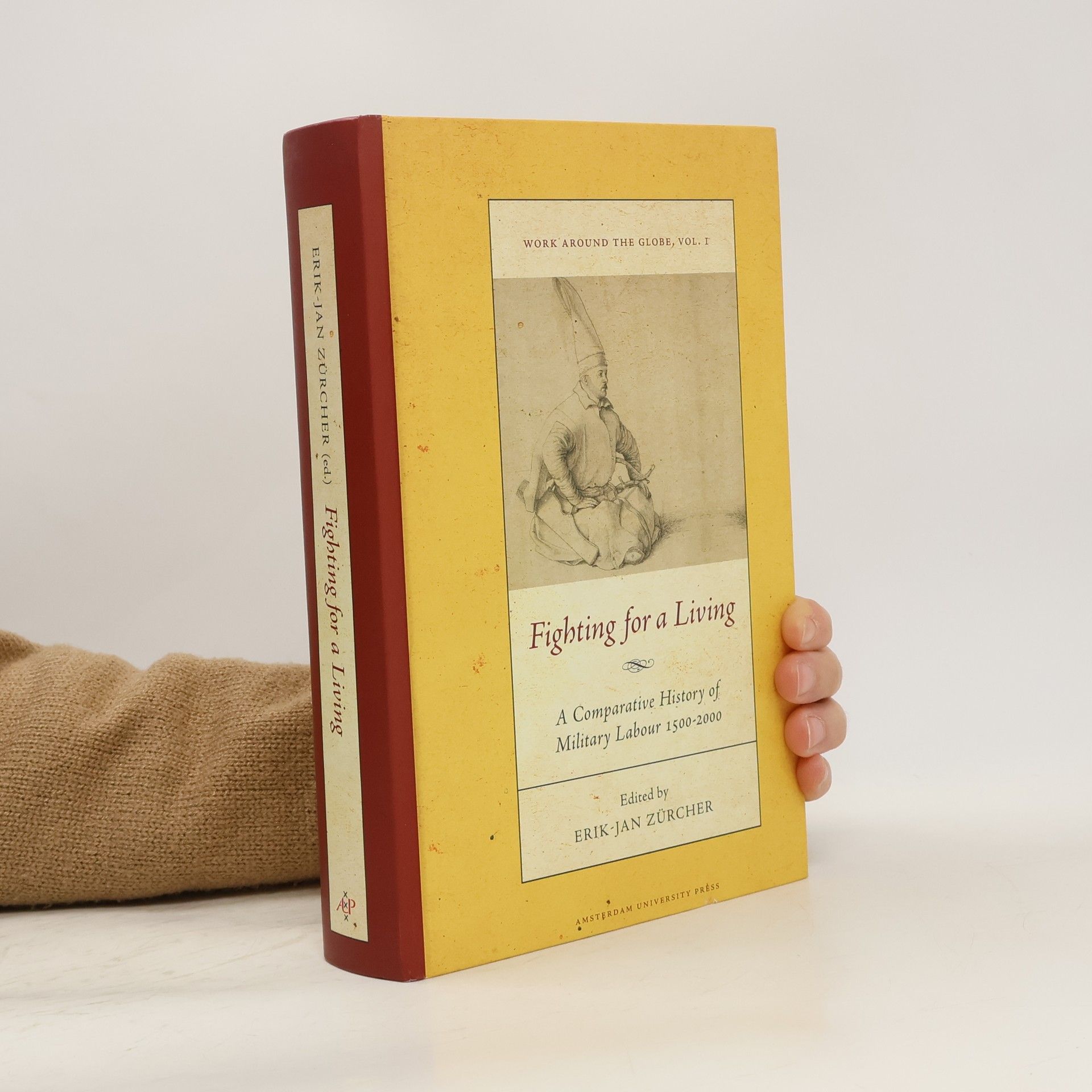Work Around the Globe - 1: Fighting for a Living
A Comparative Study of Military Labour 1500-2000
- 688pages
- 25 heures de lecture
Fighting for a Living investigates the circumstances that have produced starkly different systems of recruiting and employing soldiers in different parts of the globe over the last 500 years. It does so on the basis of a wide range of case studies taken from Europe, Africa, America, the Middle East and Asia. The novelty of "Fighting for a Living" is that it is not military history in the traditional sense (concentrating at wars and battles or on military technology) but that it looks at military service and warfare as forms of labour, and at the soldiers as workers. Military employment offers excellent opportunities for this kind of international comparison. Where many forms of human activity are restricted by the conditions of nature or the stage of development of a given society, organized violence is ubiquitous. Soldiers, in one form or another, are always part of the picture, in any period and in every region. Nevertheless, Fighting for a Living is the first study to undertake a systematic comparative analysis of military labour. It therefore speaks to two distinct, and normally quite separate, that of labour historians and that of military historians.

